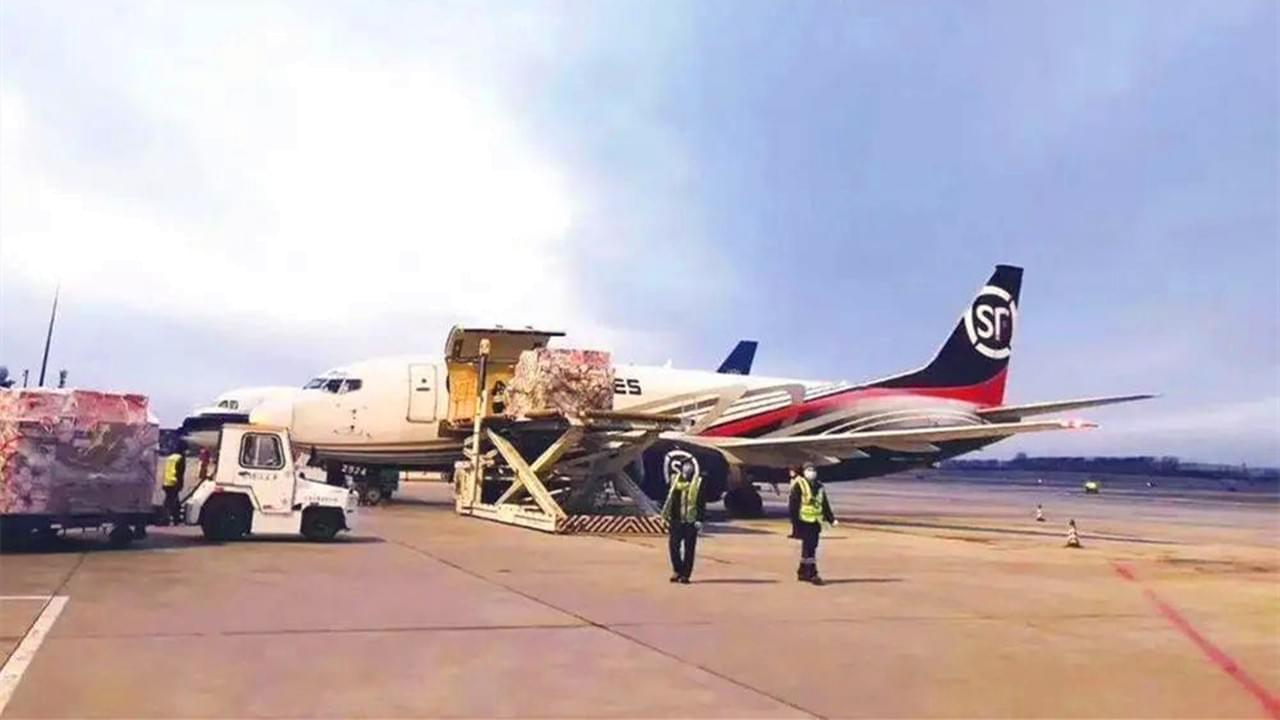In August of this year, a remarkable event took place in the skies above China. A flight from Changchun to Ezhou carried a very special cargo that was both numerous and unexpected. The passengers on this flight were bees, and this was no ordinary journey. It marked the first time in Jilin Province’s history that bees were transported by air, a milestone that holds significant implications for the region’s bee industry and beyond.
The Significance of Bee Air Transport in Jilin
The successful air transport of bees in Jilin is more than just a logistical achievement. It represents a major step forward in the province’s agricultural logistics, ecosystem health, and the overall sustainability of its agricultural practices. This initiative not only streamlines the transportation of bees but also enhances the efficiency and effectiveness of the bee industry, which is integral to the nation’s agricultural productivity and ecological balance.
The Challenges and Solutions
Before this historic air transport, the Jilin Apiculture Research Institute, which serves as a genetic repository for bees in China, faced significant challenges in transporting bees to southern regions. Traditional land transportation was time-consuming and resulted in high mortality rates among the bees, sometimes reaching 70% to 80%. This situation was not only detrimental to the institute but also to their clients in the south.
To address these challenges, the institute reached out to SF Express, a leading logistics company in China, to explore the possibility of air transport. SF Express, in collaboration with Changchun Longjia Airport, conducted internal research and developed a detailed transportation plan. They communicated extensively to determine the best packaging and transportation methods, conducting emergency drills to simulate scenarios such as package damage and bee escape, thereby enhancing their emergency response capabilities and coordination.
The Execution and Success
In August, SF Express successfully transported the first batch of bees from Jilin to Ezhou, Hubei. The operation was a resounding success, leading to several more shipments to southern regions. To ensure the safety and well-being of the bees during transport, SF Express enclosed the sealed boxes containing the bees in bubble columns to prevent compression and maintain air permeability. The company’s extensive air transport resources, including its own fleet of aircraft equipped with oxygenated and non-oxygenated compartments, were utilized to ensure the bees were transported in the most suitable environment.
The Benefits to Agriculture and Ecosystem
The bees transported to the south serve various purposes, including experimental use and distribution to local beekeepers for breeding. This initiative is not just a logistical feat but a significant contribution to the well-being of the population at large. From an environmental perspective, bees are indicators of a healthy ecosystem; their presence signifies a good environment. In terms of agriculture, bees play a crucial role in pollination, which increases crop yields and contributes to the prosperity of beekeepers.
The National Impact and Policy Support
This air transport of bees is a testament to the importance of bees in China’s vast agricultural sector. As key pollinators, bees are vital for maintaining ecological balance and promoting high-quality agricultural development. However, air transport of bees has been a challenge in China, with only a few provinces offering such services, and some airports only accepting incoming bees, not outgoing. This situation had limited the development of the bee industry in Jilin.
To overcome these limitations, the Jilin Apiculture Research Institute took proactive steps. In March, they collaborated with bee industry experts from Shandong and Anhui provinces to present the case for bee air transport to a national People’s Congress delegate from Anhui. They highlighted the importance of bee air transport and the challenges faced in civil aviation, bringing these issues to the National Two Sessions.
In June, the Civil Aviation Administration of China held a seminar on air transportation of bees, inviting representatives from all over the country and bee industry experts from Shandong and Jilin to participate, focusing on the research of policy requirements, transportation key points, demand conditions, operating procedures, etc. In July, the Civil Aviation Administration of China issued the “Notice on Doing a Good Job in Air Transportation of Bees and Other Live Animals”, which effectively opened up the “air channel” for air transportation of bees and other live animals.
The first air transport of bees in Jilin marks a new chapter in the province’s bee industry and sets a precedent for the rest of the country. It demonstrates the potential of air transport to revolutionize agricultural logistics, enhance ecosystem health, and support sustainable farming practices. As the “air corridor” for bees is fully opened, it paves the way for increased efficiency and effectiveness in the bee industry, contributing to the overall well-being of the environment and agriculture.

